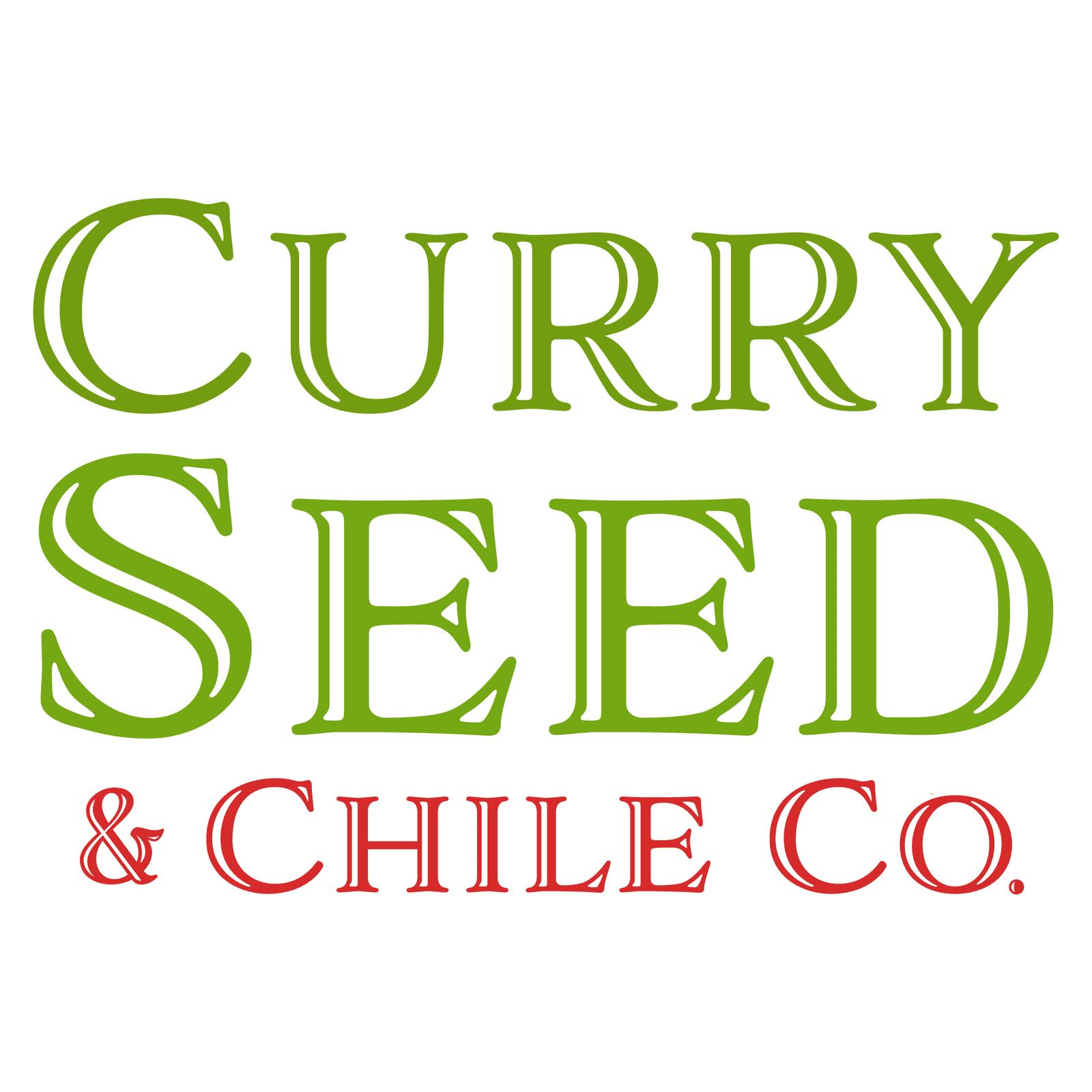August 26, 2015 - A Message from Ed Curry
For 44 years, I've been farming in Sulphur Springs Valley, Arizona, growing chile peppers, vegetables, alfalfa, cotton, and dry beans. Over the decades, we've seen tremendous changes in agricultural practices, but one of the most important lessons we've learned is the power of soil health.
The Heart of Our Farm: Chile Seed Production
At Curry Farms, we specialize in producing pepper and chile seeds, particularly long green Anaheim varieties, which are used across the country. Alongside our seed production, dry beans have become a significant crop for us, playing a key role in soil regeneration and sustainability. (Click here to learn more about Stronghold Bean)
But farming isn’t just about planting and harvesting—it's about understanding and nurturing the soil beneath our feet.
Raising Organic Matter in the Desert
One of the biggest challenges in desert farming is maintaining soil organic matter. We've managed to raise organic matter above 5%, an achievement that is almost unheard of in this region. However, soil health isn’t a one-time fix—it requires continuous composting, cover cropping, and minimal disturbance to maintain microbial activity and nutrient levels.
The biggest benefit? Healthier soil means fewer diseases. By improving soil structure and increasing biological activity, we've seen a dramatic decrease in plant disease pressure, leading to stronger, more resilient crops.
Moving Away from Traditional Plowing
Years ago, farming was all about turning the soil, creating perfectly shaped beds that looked good but were terrible for microbial life. Plowing destroys beneficial organisms, disrupting the natural cycle that keeps soil fertile.
At one time, I was guilty of polishing the bottoms of plows, convinced that deep tillage was the way forward. But experience taught me otherwise.
Now?
I sold one of my plows the other day, and I was glad to get rid of it. We simply don’t need it anymore. Instead of relying on plowing, we focus on soil-building techniques like cover cropping, no-till practices, and compost applications.
A Future of Learning & Sustainable Farming
A Future of Learning & Sustainable Farming
Even after four decades, I feel like we're just scratching the surface when it comes to understanding soil health. Every year, we learn something new, and every lesson pushes us toward a more sustainable future.
At Curry Farm, we’re committed to farming in harmony with the land, ensuring that our soil, crops, and environment continue to thrive for generations to come.
